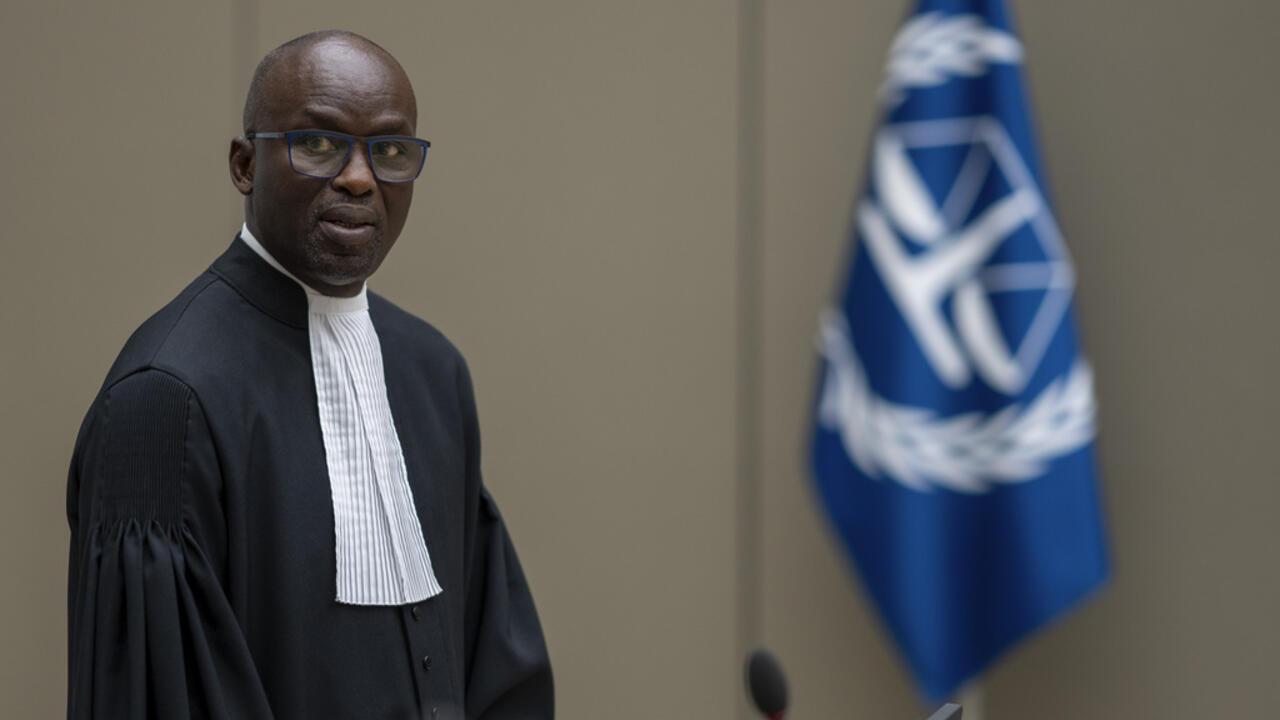
Senegal has strongly criticised the United States for imposing sanctions on four judges of the International Criminal Court (ICC), including Senegalese magistrate Mame Mandiaye Niang.
In an official statement released on August 21, 2025, Dakar called for the immediate lifting of the measures, denouncing them as a serious affront to judicial independence.
The Ministry of African Integration and Foreign Affairs expressed its “surprise” at the decision by Washington, warning that such actions undermine the ability of ICC judges to carry out their mandate entrusted by the 125 States Parties to the Rome Statute.
“Senegal recalls that it was the first country to ratify this founding treaty,” the statement read, adding that the government “expresses its full solidarity with Judge Niang and the other magistrates concerned.”
Dakar urged other signatories to the statute to stand united to ensure ICC officials can perform their duties “without threats or restrictions.”
The sanctions target two ICC judges and two prosecutors: Nicolas Yann Guillou of France, Nazhat Shameem Khan of Fiji, Mame Mandiaye Niang of Senegal, and Kimberly Prost of Canada.
According to the US Treasury and State Department, the measures were imposed due to their involvement in proceedings related to Israel and the United States.
The move has drawn sharply divided international reactions. France expressed its “surprise” and said the sanctions violated the principle of judicial independence, while Israel welcomed the US decision, describing it as a robust response to what it views as a politically motivated campaign by the ICC.
This episode underscores growing tensions between defenders of international justice and countries that contest its authority. For Senegal, the move represents not only a direct challenge to one of its nationals but also a broader threat to the integrity of the global judicial system.



